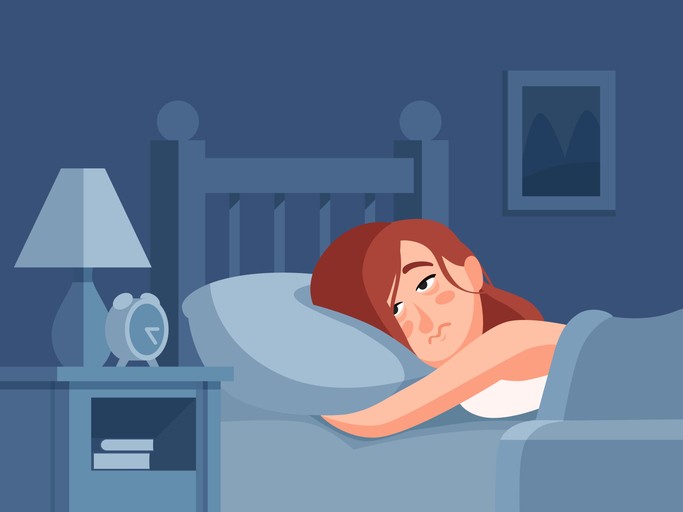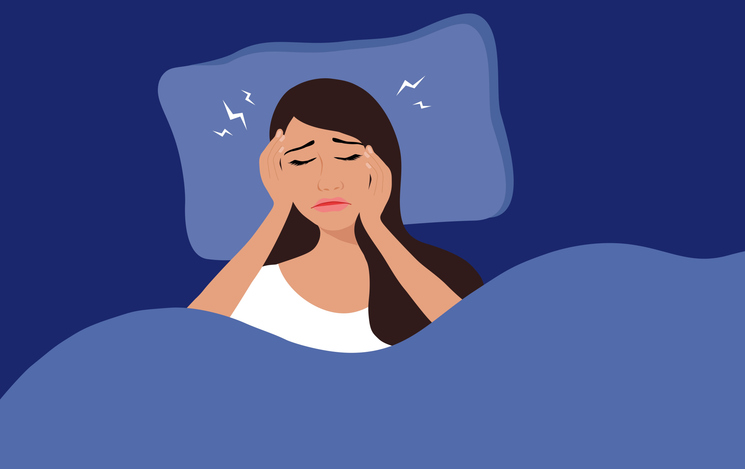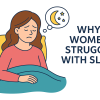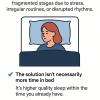How Seniors Can Fix Their Sleep Schedule - Gently
Sleep Isn’t Just for the Young: How Seniors Can Fix Their Sleep Schedule - Gently
Waking up at 4 a.m.? Napping all day? Lying awake when you wish you were sleeping? You're not alone—and it doesn’t have to stay this way.
As we age, it’s common for sleep to become lighter, shorter, and more fragmented. Many older adults believe it’s just part of getting older. But here’s the truth: sleep can change in later life, but that doesn’t mean good sleep is gone for good.
At MySleepPlan, we help older adults gently rebuild a sleep rhythm that works—without harsh schedules, pills, or pressure.
🧠 Why Does Sleep Change with Age?
Starting in your 60s, you may notice:
- You get sleepy earlier in the evening
- You wake up earlier (and can’t fall back asleep)
- You nap more during the day
- You wake up more during the night
- You feel less rested—even after 7–8 hours in bed
These changes happen due to shifts in circadian rhythm, lighter sleep stages, medical conditions, or medications. But that doesn't mean you can’t sleep well.
✅ How We Help You Fix Your Sleep (Without Forcing It)
Our course is built around CBT-I (Cognitive Behavioral Therapy for Insomnia)—the most effective treatment for sleep issues in older adults.
But we’ve adapted it with your season of life in mind.
Here’s how we support you:
1. 🛏️ Gentle Rhythm Reset (Not Harsh Sleep Restriction)
Instead of strict rules, we use sleep compression, a gentler method that helps you:
- Rebuild consistency
- Improve sleep quality
- Reduce time lying awake in bed
This approach gradually matches your time in bed to your actual sleep ability—so your body learns when it’s truly time to rest.
2. 💡 Rebuild a Retirement-Friendly Routine
No 9–5? No problem.
We help you:
- Set a consistent wake-up time
- Use morning light and movement to anchor your day
- Replace overstimulation with calming wind-down habits
- Turn your evenings into a peaceful transition into sleep
Structure doesn’t mean rigidity. It means support.
3. 😴 Handle Mid-Night Waking the Smart Way
If you wake at 2 or 4 a.m. (or both!), we show you what to do:
- Use “body scan” or “calm breath” techniques
- Get out of bed if needed—but stay off the clock and off your phone
- Avoid the spiral of “What’s wrong with me?” and replace it with “I know what to do now.”
4. 💬 Address Pain, Medications & Grief with Care
Many seniors face challenges like:
- Chronic pain
- Medications that disrupt sleep
- Loneliness or grief
- Caregiving exhaustion
We walk with you through all of it—not just with science, but with kindness.
💬 What Seniors Say About Their Sleep Transformation
“I used to think waking early was just how it was now. But with a little help, I’m sleeping better than I have in 10 years.”
— Joe, 73
“I no longer dread bedtime. I feel more in control—and more rested.”
— Maria, 68
“I didn’t need pills. I needed a plan. This gave me one.”
— Carol, 76
💤 It's Not Too Late to Sleep Well Again
You’re never too old to sleep deeply, wake refreshed and enjoy your day.
All it takes is a little structure, the right tools, and a lot of self-compassion.
📘 Ready to reclaim your rhythm?
👉 Start the Sleep for Seniors Program Today
Would you like a shorter version for a newsletter or a mobile carousel version for in-app content?







